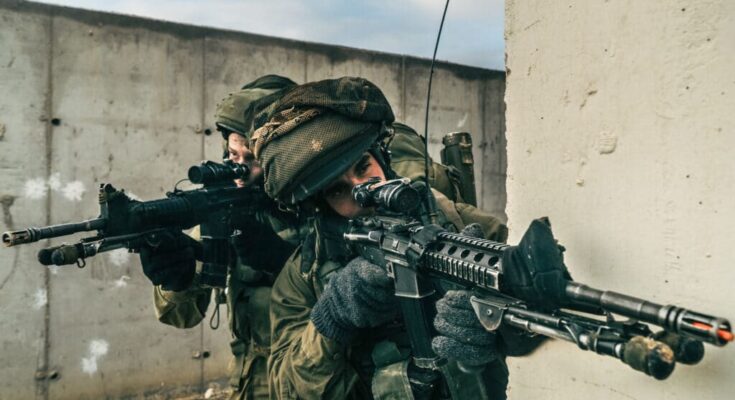
Following the death of Hezbollah leader Hassan Nasrallah, Israel set out to put Hezbollah into financial ruin.
To achieve this, IDF (Israeli Defense Forces) bombed branches of Al Qard al Hasan, a financial organization that acts as a bank and supplies Hezbollah.
In fact, on Monday, Israeli Defense Minister Yoav Gallant signed an order adding Al Qard Al Hassan to the list of groups designated by Israel as terrorist organizations. In a briefing, Rear Admiral Daniel Hagari said one of the targets hit was a vault containing “tens of millions of dollars.”
The Actions of Al Qard Al Hassan
Al Qard Al Hassan is registered in Lebanon as a non-profit organization. According to the New York Times, the organization lends money based on the principles of Islamic finance, which prohibits tokism.
Loans of up to $5,000 are secured by deposits of gold, jewelry and other valuables. The bank has more than thirty branches and is the largest micro-lending institution in a country where the banking sector has collapsed.
How it relates to Hezbollah
Hezbollah is known to be one of the strongest forces in Lebanon, with political power and military might. Al Qard was founded in 1983 to serve the Shiite community, but it gained many clients in 2019 when the Lebanese system collapsed.
In fact, the U.S. Treasury Department claims that it is the financial arm of Hezbollah, providing cover to manage its financial activities and ensuring its access to the international financial system.
For this reason, the Treasury Department sanctioned Al Qard Al Hassan in 2007. These sanctions were tightened in 2021, with the Department accusing the organization of operating in a manner that threatens Lebanon’s stability.
How the attack on Al Qard hurt Hezbollah
Shlomit Wagman, former head of Israel’s Terrorist Financing Authority, said the banking organization is now Hezbollah’s financial arm, responsible for securing some $750 million annually and using the proceeds of the organization’s criminal operations to fund its attacks.
But the international sanctions against Al Qard al Hasan meant that its branches were more likely to have held physical stashes of dollars, as well as depositors’ gold. Ms. Wagman said that if these were destroyed in the strikes, it could further reduce Hezbollah’s ability to finance future attacks.
But, she said, “We can assume that Iran, the main sponsor of Hezbollah, will very soon replenish this supply.” She also noted that the psychological impact could be more lasting, serving to “further reduce trust between the organization and the Lebanese people.”
Makram Ouaiss, executive director of the Lebanese Center for Political Studies, a Beirut-based research organization, said Al Qard al Hasan likely knew it would be targeted and probably moved valuables to a safe place.
He also noted that most of Al Qard al Hasan’s branches in Beirut are located on the ground floor of mixed commercial and residential buildings. “This won’t hurt Hezbollah, but will damage the Lebanese people.”



